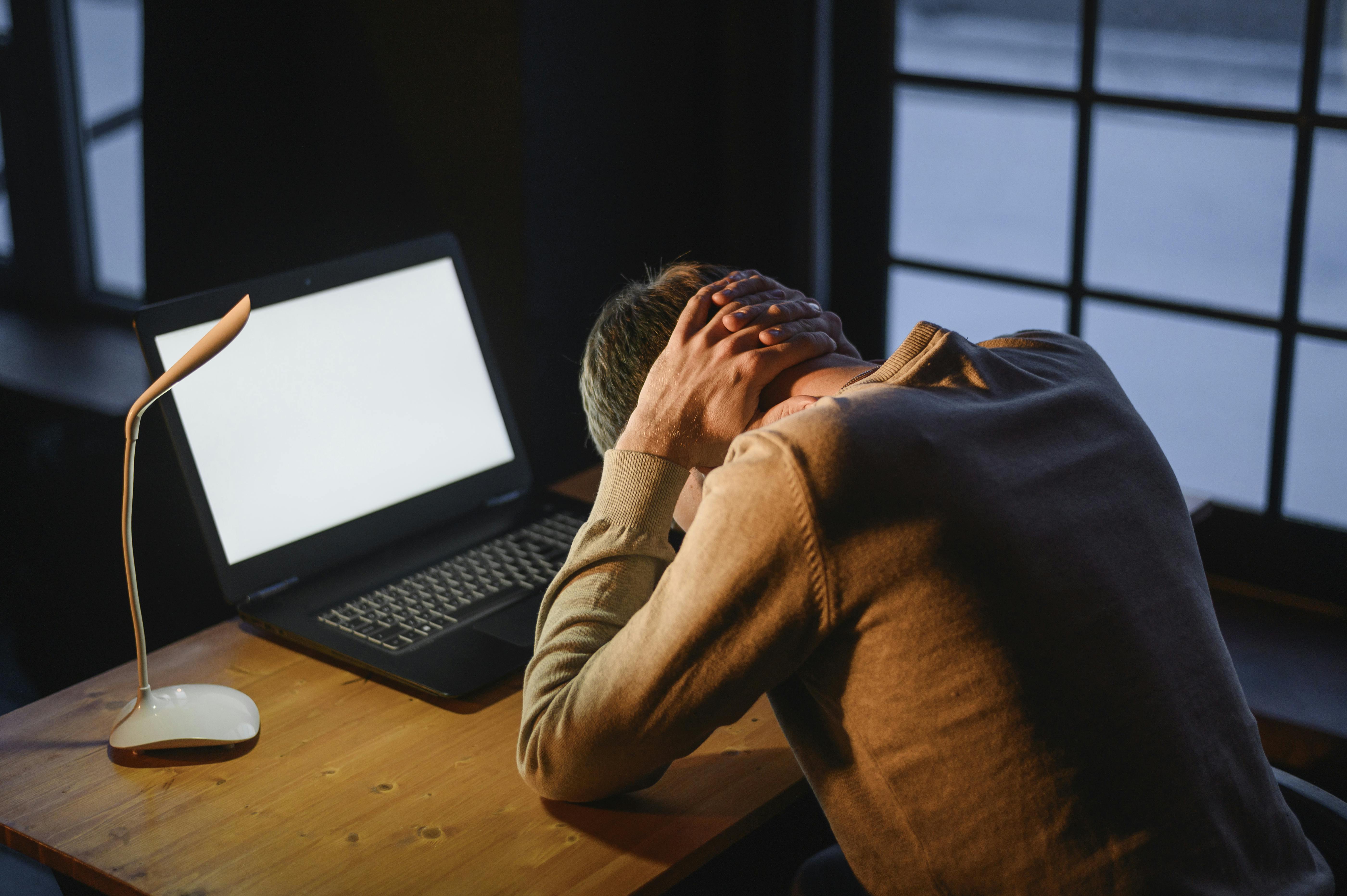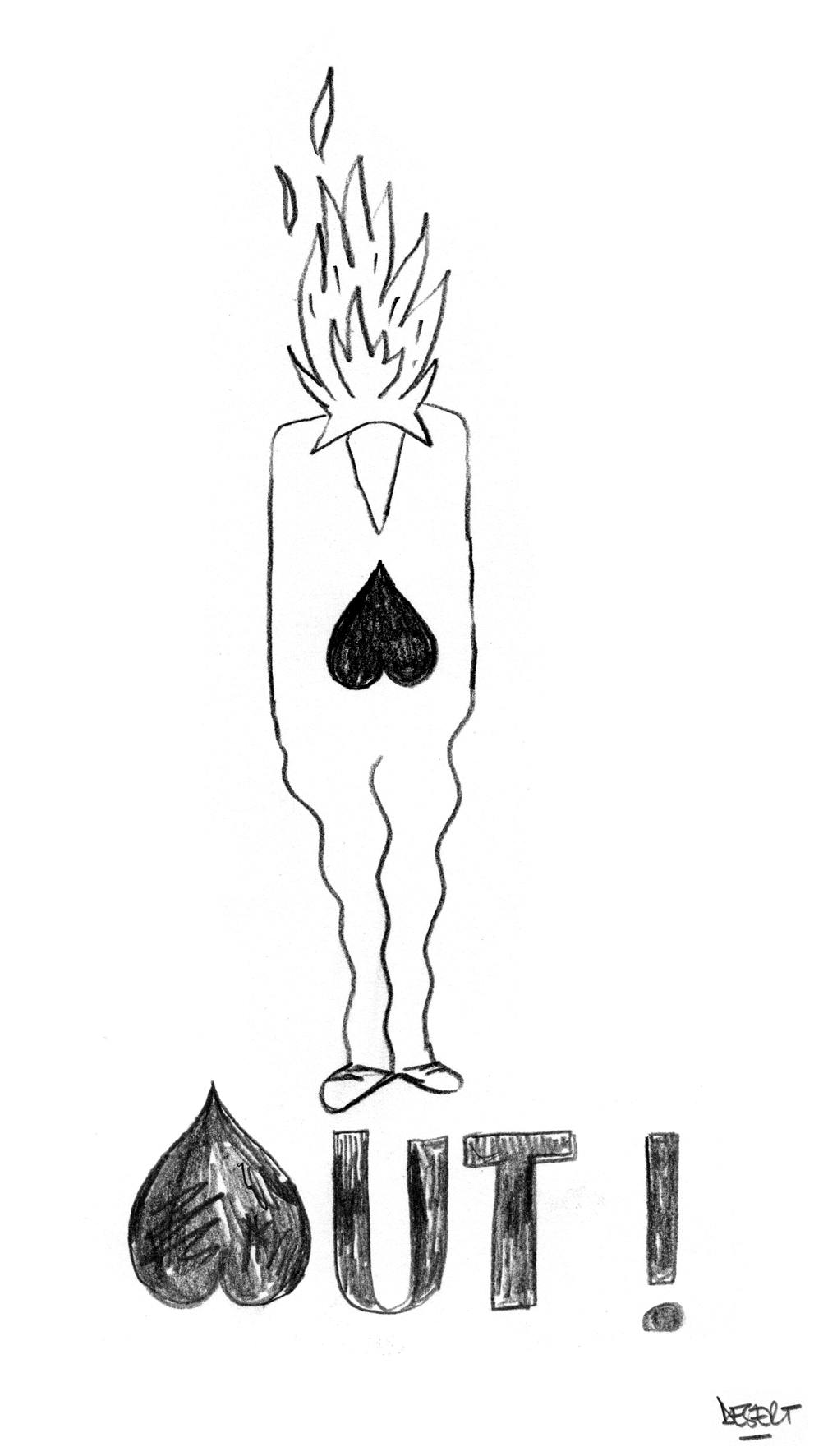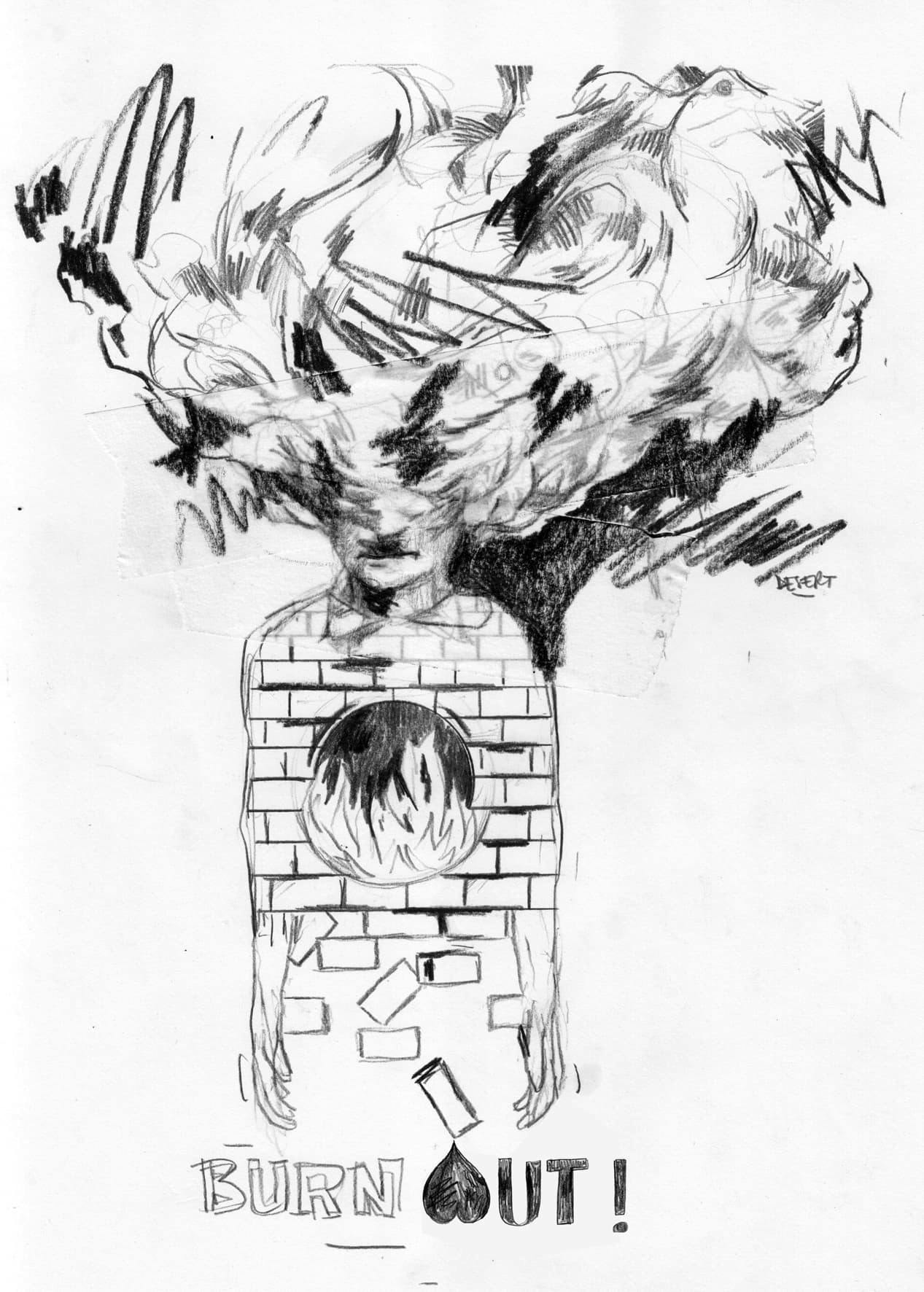
Rethink Culture to Drive Successful Transformations
Rethink Culture to Drive Successful Transformations
December 2025



May 2025

My intention is to shed light on what burnout really is: beyond an overused word, it is a human, organizational and social experience that affects both the individual and the collective. Writing about what burnout is for me is both a way to pass on what I have learned and to help prevent this silent collapse in others.
I use the term burnout as an equivalent to the word burnout. The English expression appeals to the wear and tear and subjectivity of experience, but it obscures the work dimension. The latter is nevertheless the predominant place of this personal drama.
I first heard about burnout during my studies in business administration and management at university, it was theoretical for me. One book had marked me: The Burnout Crisis by Diane Bernier (1995). At the same time, other authors such as Nicole Aubert and Vincent de Gaulejac spoke of the "cost of excellence". This book was a response to the management book by Thomas Peters and Robert Waterman published in 1983: "In search of excellence". The debate was launched: what are the conditions for excellence, how to create it for oneself and as a team, but also how far to go to succeed? And at what cost?
Then I discovered Nicole Aubert's documentary J'ai très mal au travail (👉link here). It's hard to remain indifferent when employees talk about how exhausted they are. It spoke to me, while working for years in an HR department, I heard the same testimonies. The same fatigues. The same invisible wounds.

In HR, I quickly understood that managers had to know how to spot the signs of exhaustion in their teams. The equation was simple, we had to do more with less. It was possible for a while, but in the long term it had become essential to prevent, support, innovate, anticipate... I had proposed a program to identify and support employees in difficulty. At the time, my director told me: "If we start measuring burnout, we will hatch cases." With the adage "what cannot be measured does not exist..." ». Not totally wrong... but certainly not true either, in any case a sign of a bygone era. A few years later, these initiatives have become normal. At least the surveys to measure satisfaction and performance (employee survey, best place to work, etc.). With the evolution of new CSR practices, the impact of our actions on the environment and on the human climate will be increasingly taken into account. At least it is a possible way, it is up to us to create it so that it is not limited to the publication of figures in reports.

Have I ever had a burnout? Not really. Not consciously, at least. But I remember the political pressures. The permanent tug of war between my convictions and the organization's speeches. Swallowing, taking it, smiling. It wears you out. Slowly. Certainly. Is it good for your health to be resilient?
Then came my life as a consultant. I wanted to succeed, whatever the cost. I needed to prove to myself that I had made the right choice and that I was capable. This famous question of self-confidence..."you had this success but were you lucky, will you be able to do the rest...?". To reassure myself (the fear of lack), I said yes to everything. Projects, missions, learning. Seven days a week. The result? One day, I collapsed. Literally. No longer able to work. No more voices for 24 hours. 1 day without speech for months of overwork. Luckily I just had to rest for this time... A strong signal. A different way of working, of acting, and of being had become necessary.
The word appeared in 1974. Herbert Freudenberger, psychologist, describes burnout among caregivers: professionals who are committed, ideal, but who burn out. Today, the research is clear: burnout does not only affect the aid professions. Any sector can be concerned.
Christina Maslach, an author I particularly appreciate, talks about three dimensions: exhaustion, depersonalization, loss of accomplishment.
She defines burnout as a syndrome of emotional exhaustion, depersonalization and reduced personal accomplishment
The OMS does not consider burnout to be a disease but an occupational phenomenon. She defines burnout as "a syndrome resulting from chronic stress at work that has not been properly managed".
It is characterized by three dimensions:
In other words: when you have no more energy, when you no longer want to, and when you no longer believe in what you are doing... You may have gone too far.
While burnout is not considered a disease, it is also associated with negative brain health symptoms, such as anxiety or depression, which in turn can be linked to more serious mental health conditions
Burnout (too much) and bore-out (not enough) are increasingly opposed. One is too much pressure. The other, not enough sense, but deep down, it's the same mechanism: the desire that stalls. Thanks to a friend, a sales manager, who enlightened me on this dimension of boredom. The paradox is that exhaustion does not always come from too much work but from the loss of meaning and usefulness. He tells me: "Before, I felt useful and full of projects. Today, with the change in management, I feel put in a closet. I gave it my all, I invested myself, and today I am waiting to be able to retire with dignity because I don't know how to do my job halfway, I am fighting against myself...".
Burnout is "I can't take it anymore". Bore-out is "I can't do it anymore". In both cases, the body gives out. And sometimes, prolonged boredom leads to the same collapse as overload. The vicious circle is clear: boredom → disengagement → loss of self-esteem → fatigue → burnout.
So, what to do? The first step is to recognize the signs. Ask yourself: how far can I go without getting lost? What am I willing to pay in the name of (non)-performance?
That's why I define burnout today. So that I don't experience it myself one day and especially so that you can avoid it. Because behind the word, there are lives, bodies, stories. And maybe yours too.
Have you ever gone through moments when you felt at the end of your rope, drained, torn between your values and your work? How do you take care of yourself so that you don't topple over? I would like to read, hear your experience, your story, your own definition of burnout.
How can we distinguish a two-week sick leave for a temporary drop in speed from a "real" burnout?
The following article guides you through the stages of burnout and offers a self-assessment tool to help you see things more clearly.
Read more:
How do you know if you are burned out? The 12 Stages of Exhaustion. Take the test!

Did you like this article?

Rethink Culture to Drive Successful Transformations
December 2025


Burnout is rising worldwide. From Gallup to McKinsey, discover what the data — and the lack of it in Luxembourg — really reveals about workplace stress.
May 2025


Beyond the numbers: definition of burnout, symptoms vs. boreout, and lived experiences to spot risks early and avoid collapse.
May 2025
